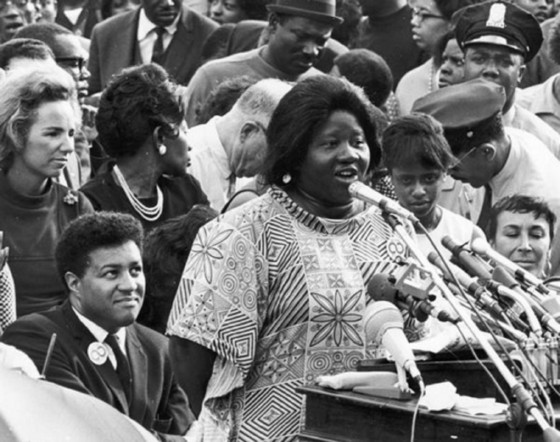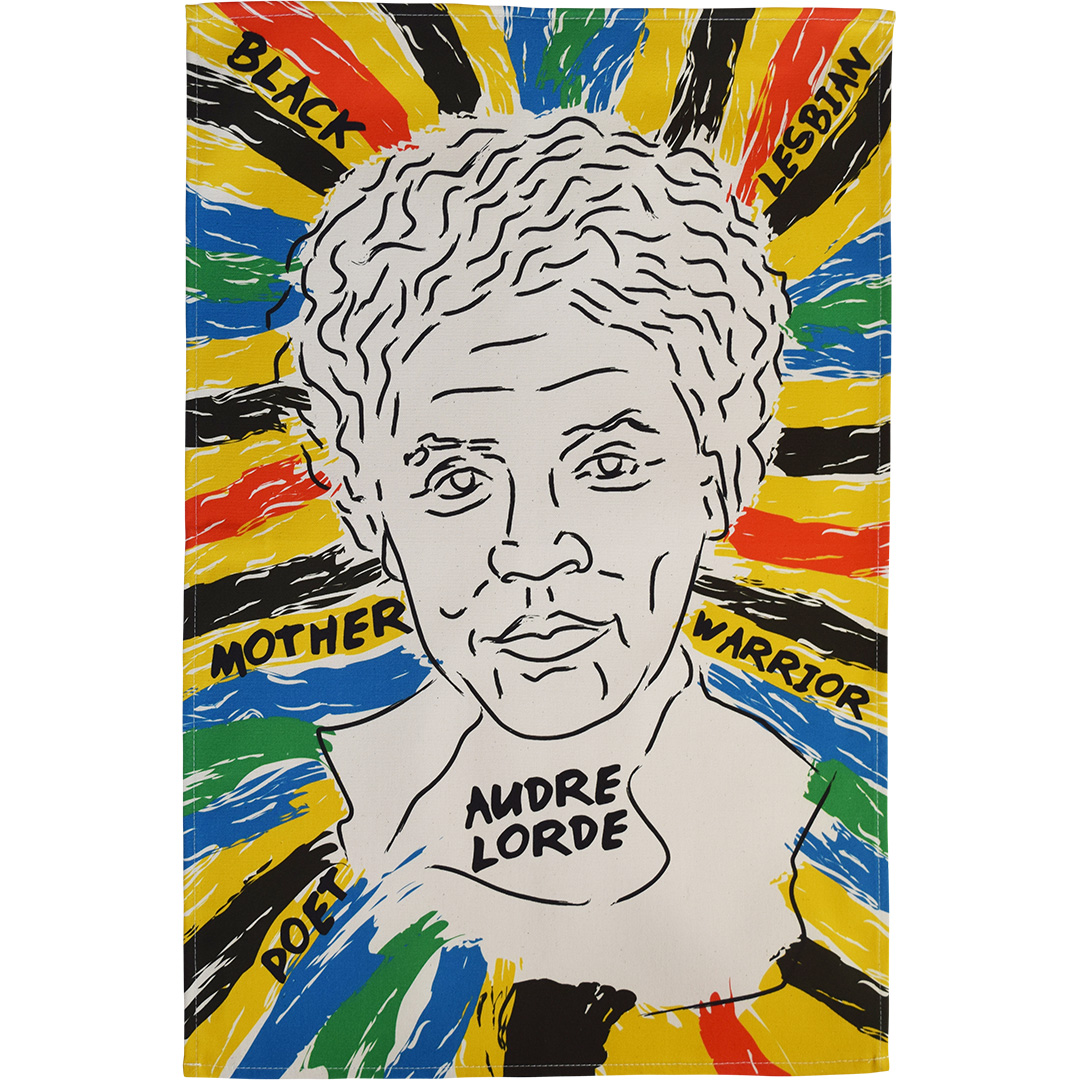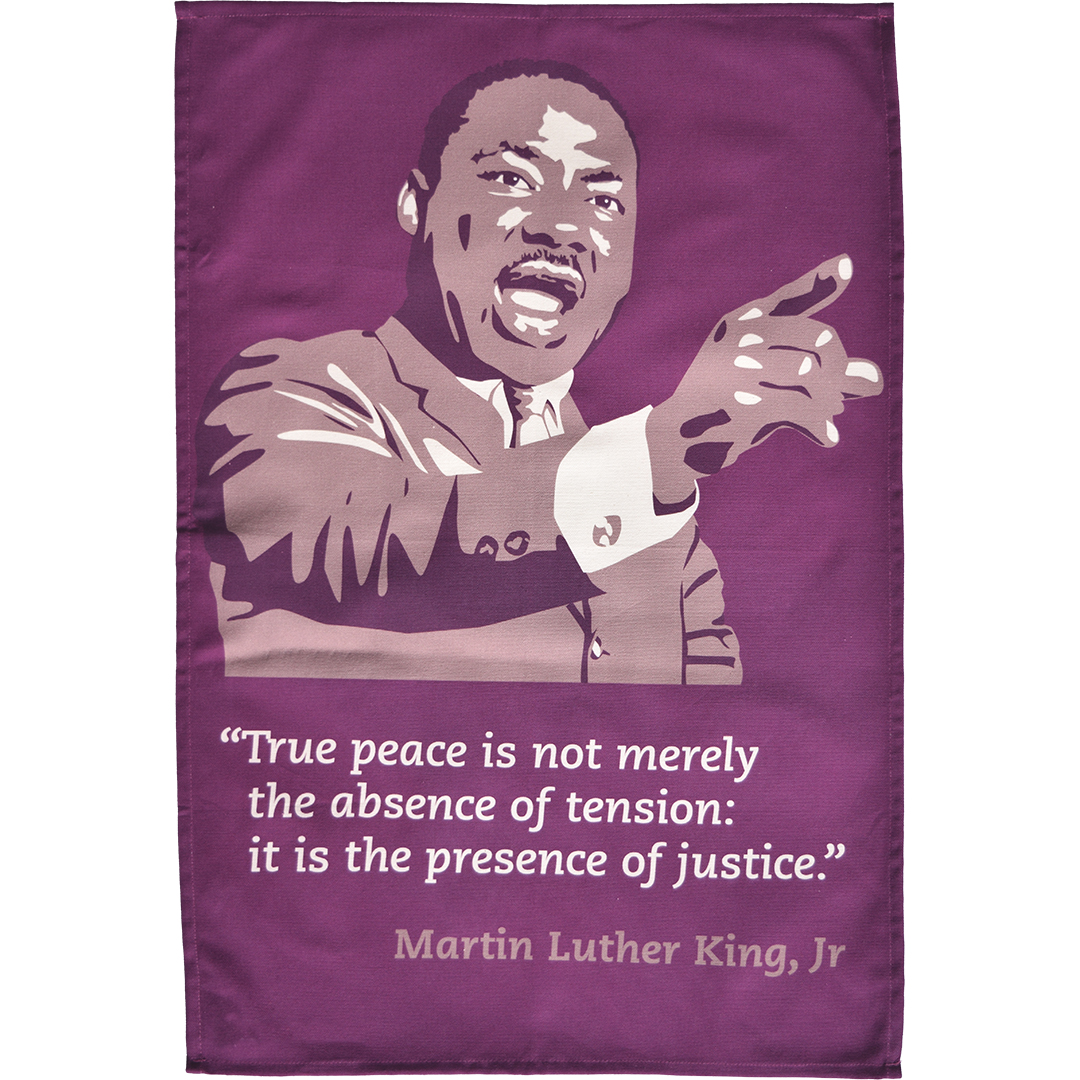Welfare is a Woman's Issue: The Story of Johnnie Tillmon
Posted by Pete on Apr 11th 2023
She might not be a household name, but Johnnie Tillmon was one of the leading welfare organisers and campaigners in U.S. history
“Maybe we poor welfare women will really liberate women in this country.”
Johnnie Tillmon Blackston was born on 10th April in 1926.
The daughter of black sharecroppers in Arkansas, Tillmon lived in poverty for most of her life. Her family didn’t have the money for her to finish high school.
Married in 1948 and divorced a few years later, Tillmon moved to California in 1959 as the single mother of six young children.
Within ten years, she was leading the most important welfare movement in United States history. This is her story.

Johnnie Tillmon became one of the leading welfare rights activists and feminists in the 20th century
Having arrived in California, Tillmon took underpaid work in a laundry in Compton. In 1963, she fell ill for a while and had to miss work.
It was a turning point.
At home, she realized how much adult supervision her kids were lacking. So Tillmon decided not to go back to work: she went on welfare instead.
Welfare benefits had been expanded by FDR's New Deal, but the system was still rife with inequality and cruelty – particularly for women.
Welfare officials conducted “midnight raids” on recipients’ homes to search for hidden windfalls.
An American woman would be disqualified from benefits if there was a man in the house, as it was assumed that she ought to rely on him.
Some women were even sterilized as a condition of receiving child benefit.
It was all grotesquely and monstrously intrusive, and Johnnie Tillmon experienced this cruelty day in and day out.
Activists like Johnnie Tillmon and Audre Lorde championed the voices of working-class black women in the feminist movement
Click to view our Audre Lorde tea towel
But she wasn’t going to put up with it. She was going to fight.
Tillmon organized the mothers and welfare recipients of her Los Angeles housing project into the Nickerson Gardens Planning Organization.
The plan was to organize poor women – especially black ‘welfare mothers’ – so that they could formulate and make demands based on their common condition in relation to the state.
Tillmon soon expanded her operation in California. She helped found Aid to Needy Children-Mothers (ANC) Anonymous. By the late 1960s, it had 25,000 dues-paying members.
Dr Martin Luther King cited Tillmon’s organizing around welfare as a direct influence on his own shift to confront poverty and class issues.
Tillmon, in turn, was an active supporter of King’s Poor People’s Campaign in 1968, along with other U.S. radicals like Cesar Chavez.
ANC Anonymous was soon transformed into the National Welfare Rights Organization (NWRO), and Tillmon served as its executive director in Washington from 1972 until 1974.
Tillmon got involved in politics at the height of the civil rights movement and helped to inspire MLK's Poor People's Campaign
Click to view our Martin Luther King tea towel
Tillmon was especially interested in bridging the gap between welfare rights activism and the feminist movement: she knew that these struggles for justice were interconnected.
She reached out to groups like the National Organization for Women (NOW), and in 1972 she published an incredible essay, “Welfare is a Woman’s Issue”, in the feminist magazine Ms.
Tillmon’s essay argued that, in focusing on equal access to the workplace for women, the feminist movement ought not forget what happens to poor, mostly non-white women who have to stay out of work and rely on welfare.
She likened the relationship between these women and the state to a patriarchal marriage:
“Welfare is like a super-sexist marriage. You trade in a man for the man. But you can’t divorce him if he treats you bad. He can divorce you, of course, cut you off anytime he wants. But in that case, he keeps the kids, not you. The man runs everything.”
For poor women on welfare, the state controlled their bodies and their means of existence:
“…that’s why welfare is a women’s issue. For a lot of middle-class women in this country, Women’s Liberation is a matter of concern. For women on welfare, it’s a matter of survival.”
But Tillmon’s was still a message of hope.
The National Welfare Rights Organization had a comprehensive plan for welfare reform – the Guaranteed Adequate Income – which would eliminate sexism in the system:
“There would be no ‘categories’ – men, women, children, single, married, kids, no kids – just poor people who need aid. You’d get paid according to need and family size only and that would be upped as the cost of living goes up.”
Tillmon saw the NWRO movement as “the frontline troops of women’s freedom.” And it’s hard to argue with her.
There’s no doubt whatsoever that Johnnie Tillmon Blackston is up there with the likes of Sojourner Truth, Harriet Tubman and Ida B. Wells as one of the great black women radicals in U.S. history.
She may not be a household name yet, but we think she’s well worth celebrating!


